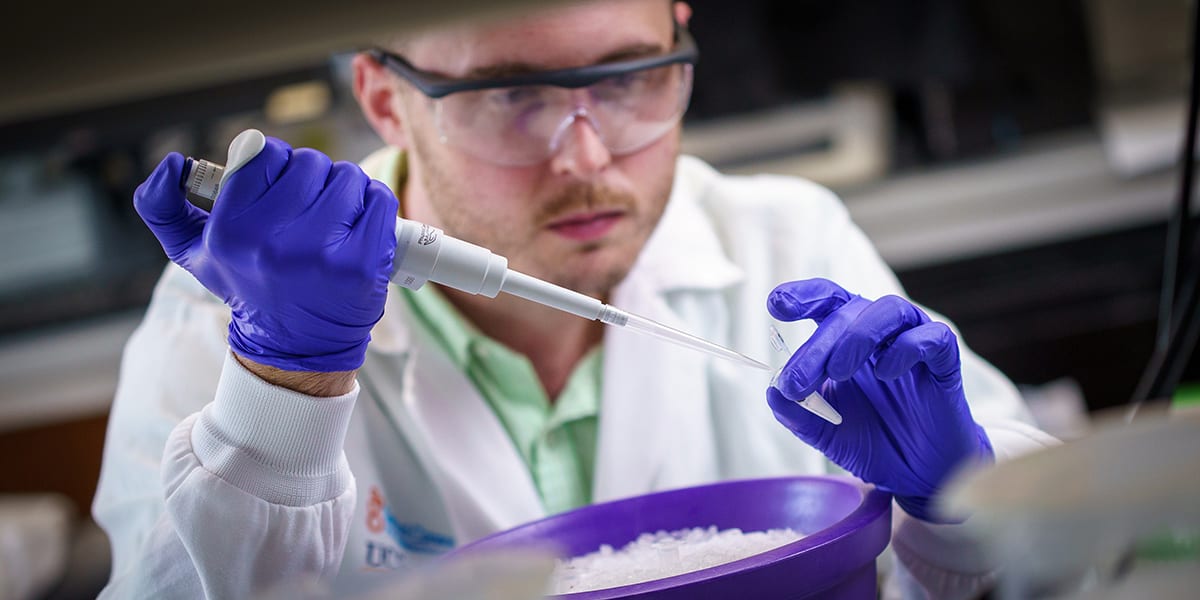
A new biomaterial that can be injected intravenously, reduces inflammation in tissue and promotes cell and tissue repair. The injectable biomaterial was tested and proven effective in treating tissue damage caused by heart attacks in both rodent and large animal models. Researchers also provided proof of concept in a rodent model that the biomaterial could be beneficial to patients with traumatic brain injury and pulmonary arterial hypertension.
Researchers tested the biomaterial on a rodent model of heart attacks. They expected the material to pass through the blood vessels and into the tissue because gaps develop between endothelial cells in blood vessels after a heart attack.
But something else happened. The biomaterial bound to those cells, closing the gaps and accelerating healing of the blood vessels, reducing inflammation as a result. Researchers tested the biomaterial in a porcine model of heart attack as well, with similar results. The possibilities of treating other difficult-to-access organs and tissues can open up the field of biomaterials/tissue engineering into treating new diseases.
For more information, visit here .



